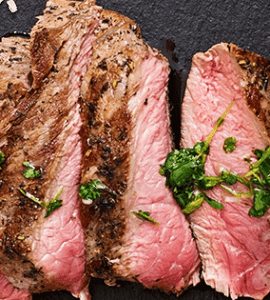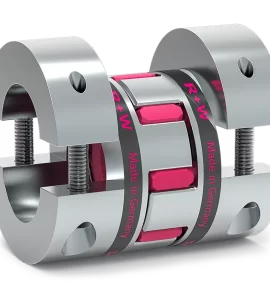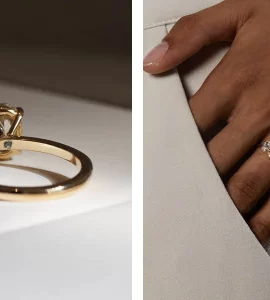 Posted On
Posted On Teeth Sensitivity –Learn How You Can Deal With Them
 Posted On
Posted On Brushing, drinking, or eating could cause temporary but sharp pain when you have sensitivity in your teeth. Sensitivity in teeth could primarily be due to two reasons— exposed tooth roots or worn tooth enamel. But sometimes other reasons such as tooth cavity, gum disease, chipped tooth, or a worn filling could also be the reason for your teeth sensitivity. You can never be entirely sure until you visit a dentist in San Diego, CA.
Visiting a dentist will help you learn how to treat your sensitivity and what instructions you could follow to avoid it in the future. This article discusses some common recommendations from dentists for dealing with teeth sensitivity. Read on to learn more.
Ways to deal with teeth sensitivity
- Desensitizing toothpaste. Your dentist can recommend an over-the-counter desensitizing toothpaste to numb the pain around the sensitive teeth area. You need to apply the toothpaste several times before feeling the effect.
- Fluoride. Many dentists prefer applying fluoride to the areas where patients feel sensitivity to reduce the pain and strengthen enamel. They also prescribe at-home fluorides for patients to apply timely via a custom tray.
- Desensitizing or bonding. Another way of treating exposed root surfaces is by applying bonding resin to those areas. However, this procedure requires local anesthesia to numb the area before application to prevent any discomfort or pain to the patient.
- Surgical gum graft. Due to various reasons, your teeth roots can lose gum tissues. In these situations, dentists take gum tissues from other parts of your mouth and attach them to the affected areas to protect the roots and reduce the sensitivity.
- Root canal. Sometimes, teeth sensitivity could indicate more serious conditions like pulp infection. A pulp infection can only be fixed with a root canal treatment, and you need to visit a dentist to determine if a pulp infection is causing you sensitivity, as this condition is not self-diagnosable. This procedure removes the infected pulp and fills it with a rubber-like material called gutta-percha to avoid further infections and complications. A root canal is also considered to be the most efficient method to get rid of teeth sensitivity.
Other instructions your doctor may recommend include:
- Brushing your teeth twice daily to avoid recurring sensitivity and ensure clean teeth at all times.
- Use fluoride toothpaste and flossing daily to get rid of food particles stuck between your teeth.
- Brushing your teeth gently to avoid damage to tooth enamel and gums.
- Using mouth guard to prevent teeth grinding.
- Avoid carbonated drinks and sticky foods.






